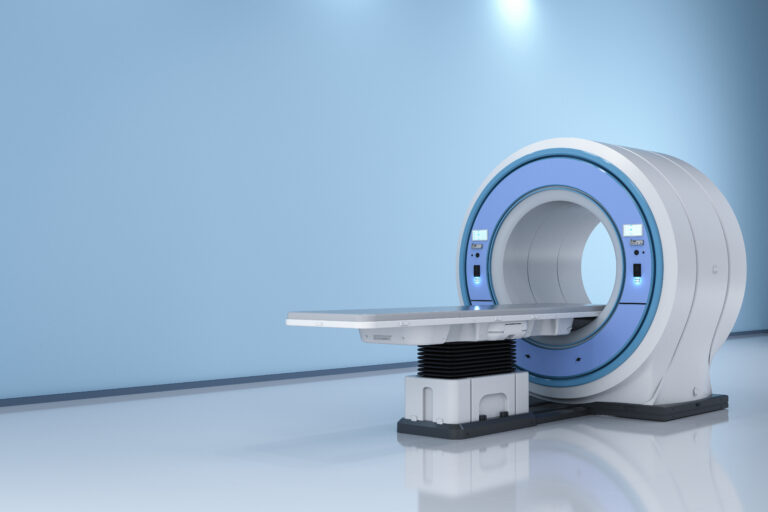Deciding whether to take iron supplements daily is a decision that should be made with careful consideration and ideally under the guidance of a healthcare provider. Iron is a crucial nutrient that plays a vital role in maintaining healthy red blood cells, transporting oxygen throughout the body, and supporting brain development[6]. However, both insufficient and excessive iron intake can have significant health implications.
### Why Iron Matters
Iron deficiency is the most common nutritional deficiency worldwide, affecting approximately 37% of pregnant women globally, with higher prevalence in low- and middle-income countries[1]. Symptoms of iron deficiency anemia (IDA) include persistent fatigue, exhaustion, pallor, brittle nails, headaches, impaired concentration, and diminished work capacity[1]. High-risk groups for IDA include women of reproductive age, pregnant women, infants, frequent blood donors, and individuals with certain chronic health conditions[5].
### Who Should Consider Iron Supplements?
Certain groups of people are more likely to benefit from iron supplements due to increased needs or risk factors:
– **Women of Reproductive Age**: Women who menstruate are at higher risk of iron deficiency due to monthly blood loss[5].
– **Pregnant Women**: Pregnancy increases the demand for iron, and supplementation is often recommended to prevent gestational anemia[2].
– **Infants and Adolescents**: These groups require more iron due to rapid growth and development[5].
– **Athletes**: Athletes may need additional iron due to increased oxygen delivery and muscle recovery demands[5].
– **Individuals with Chronic Conditions**: People with conditions like celiac disease, Crohn’s disease, or ulcerative colitis may have impaired iron absorption[5].
### Benefits of Iron Supplements
Iron supplements can effectively treat iron deficiency anemia and improve symptoms such as fatigue and weakness. Research indicates that preventive oral iron supplementation can be beneficial for pre-pregnancy iron status and may improve blood parameters in pregnant individuals with IDA[2]. However, it’s crucial to note that excessive iron supplementation can have adverse effects, such as impacting fertility and fetal growth in some cases[2].
### Potential Side Effects and Considerations
While iron supplements are generally safe, they can cause side effects such as constipation and stomach upset[3][4]. The formulation of the supplement, particularly the amount of elemental iron, can influence the severity of these side effects[3]. To minimize side effects, it’s recommended to take iron supplements with a full glass of water and avoid lying down for at least 30 minutes afterward to prevent pill esophagitis[4].
### Timing and Absorption
For optimal absorption, iron supplements should be taken on an empty stomach, ideally in the morning, accompanied by vitamin C (about 100 mg) or a glass of citrus juice[4]. Vitamin C enhances iron absorption by converting non-heme iron into a more soluble form and reducing the inhibitory effects of phytates and tannins[1]. Avoid taking iron with foods or beverages that inhibit absorption, such as milk, tea, coffee, and calcium supplements[4].
### Risks of Excessive Iron Intake
Excessive iron intake can lead to serious health issues, particularly in individuals with hereditary hemochromatosis, a genetic disorder that causes the body to absorb too much iron[1]. This condition can result in organ damage, including cirrhosis, diabetes, cardiomyopathy, arthritis, and increased cancer risk if left untreated[1].
### Alternatives to Supplements
While supplements can be effective, dietary changes can also help meet iron needs. Consuming foods rich in iron, such as red meat, poultry, fish, beans, lentils, and fortified cereals, is essential[5]. Enhancing absorption by eating foods high in vitamin C alongside iron-rich foods can also be beneficial[1].
### Conclusion on Daily Iron Supplements
Ultimately, whether you should take iron supplements daily depends on your individual health status and needs. It’s essential to consult with a healthcare provider to determine if supplementation is necessary and to ensure that any supplementation is done safely and effectively.
References:
[1] https://www.news-medical.net/health/Foods-High-in-Iron-What-to-Eat-and-Why-It-Matters.aspx
[2] https://pmc.ncbi.nlm.nih.gov/articles/PMC12465626/
[3] https://www.prevention.com/health/a67955059/best-time-take-iron-supplements/
[4] https://www.psychiatrist.com/jcp/dosing-patients-oral-iron-supplements/
[5] https://dietitiansaustralia.org.au/health-advice/dietary-iron-makes-healthy-bodies
[6] https://www.canada.ca/en/health-canada/services/publications/food-nutrition/iron-powerhouse-nutrient-health.html





